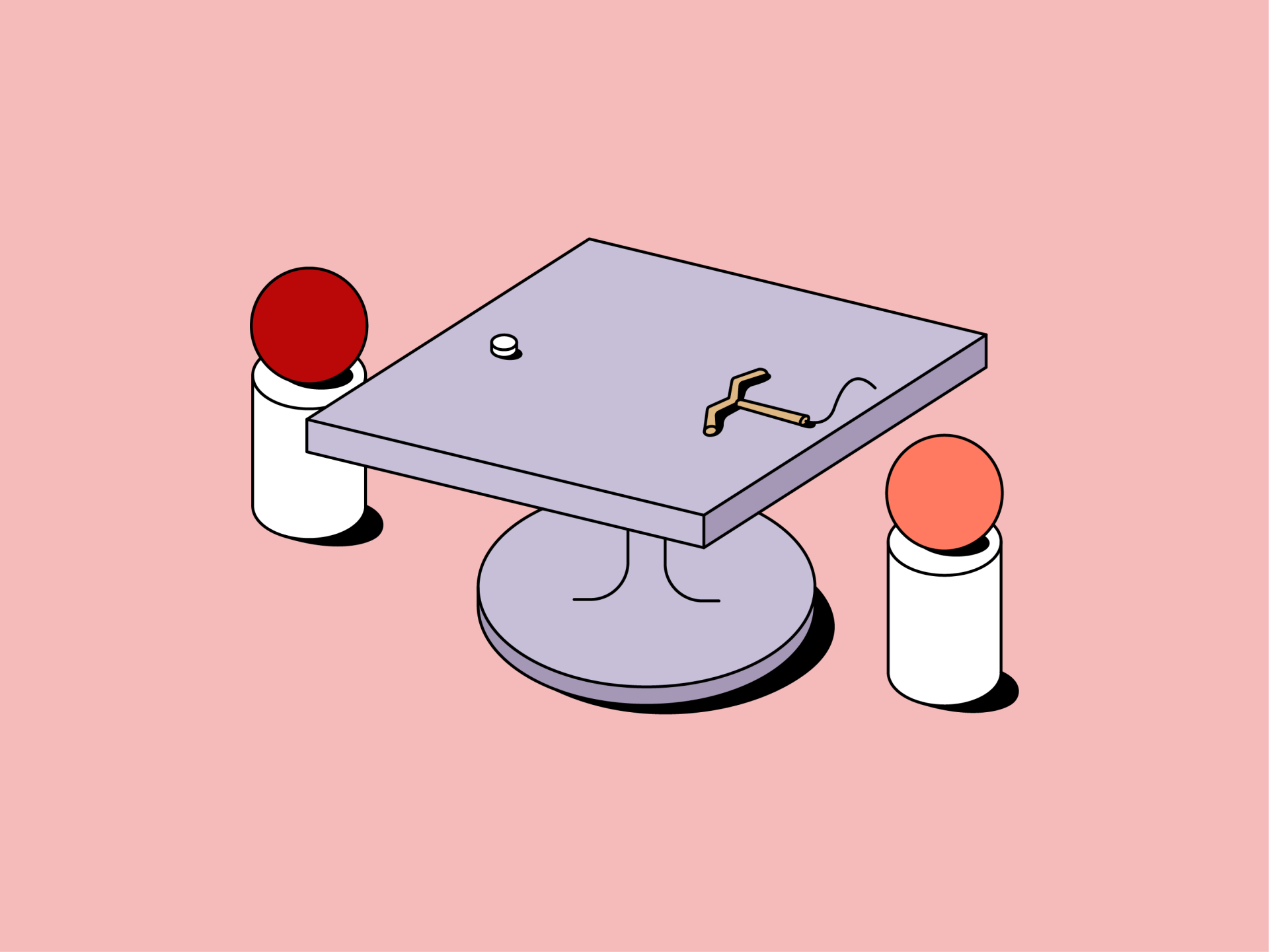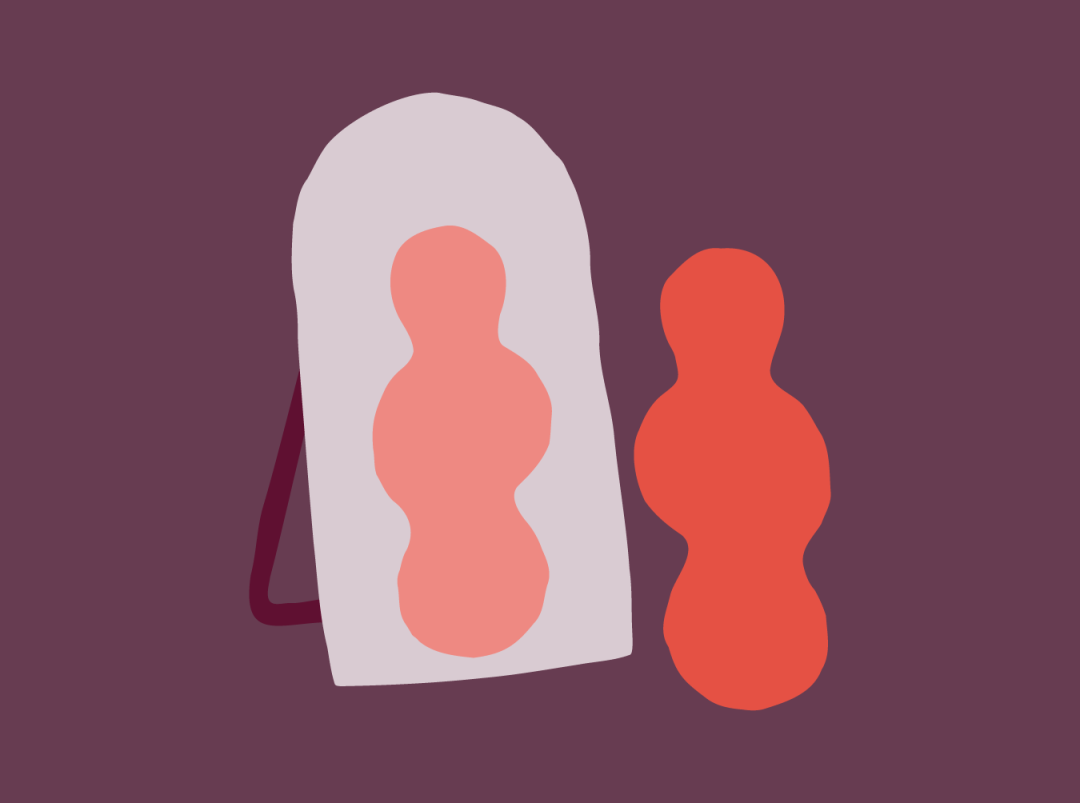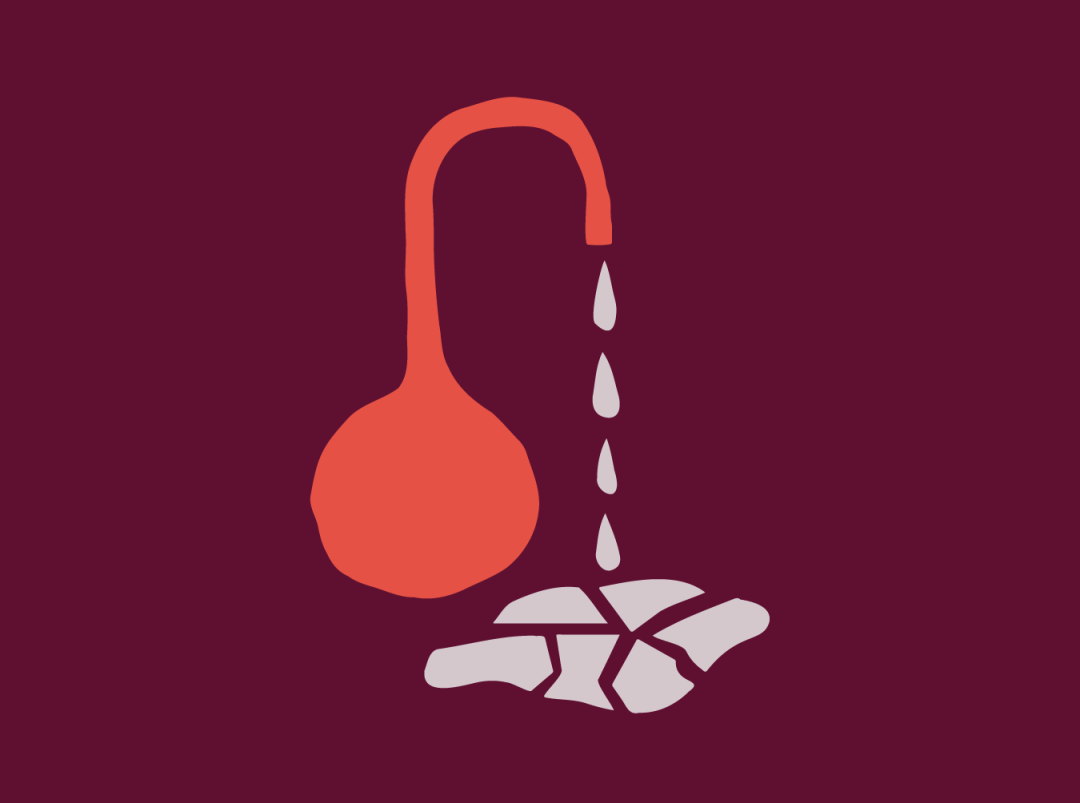#explainer
Can Birth Control Regulate Periods?
health
·5 min read

by Team Thinx | 08/06/2023
If you're a parent seeking information about how to talk to your daughter about her period or you're trying to learn more about how birth control pills can regulate periods, you've come to the right place. We know that these conversations can sometimes feel like navigating uncharted waters, but rest assured, we are here to support you every step of the way.
Read on as we discuss insights into what birth control does to your period and how it may effectively regulate menstrual cycles.
Note: Although the term “daughter” is used throughout this article, as it encompasses a common experience, we are dedicated to gender inclusivity and recognize the significance of addressing common worries that connect with everyone, regardless of gender identity.
types of birth control for period regulation
Birth control techniques offer a viable path forward in terms of menstrual cycle regulation. Hormonal contraceptives have proven to be notably effective when compared to other alternative methods. These consist of intrauterine devices (IUDs), patches, injections, and birth control pills. These contraceptives provide a dependable method of controlling periods and establishing cycle regularity by harnessing the power of hormones.
Non-hormonal alternatives offer a good option for people looking for alternative methods. Copper IUDs and barrier techniques are a couple of these substitutes. These choices are designed for people who favor non-hormonal approaches to menstrual cycle control.
People can choose the type of birth control that best suits their preferences and health issues by carefully weighing the variety of options available.
how hormonal contraceptives work
Let's dive into the fascinating science behind hormonal contraceptives and explore how they play a role in regulating periods. Hormonal contraceptives work by introducing specific hormones into the body, which play a role in controlling the menstrual cycle. Through carefully orchestrated hormonal manipulation, these methods effectively bring about a predictable and regulated menstrual cycle.
Synthetic hormones primarily include estrogen and progestin or, in some cases, progestin alone. When these hormones are introduced into the body, they interact with the natural hormonal system, leading to a series of events that influence the menstrual cycle.
The hormones in hormonal contraceptives work in several ways to regulate the menstrual cycle:
suppressing ovulation: One of the primary mechanisms of hormonal contraceptives is to suppress ovulation. Ovulation is the process where the ovaries release an egg, and it marks the beginning of the menstrual cycle. By preventing ovulation, these contraceptives ensure that there is no egg available for fertilization.
thinning the uterine lining: Hormonal contraceptives also work to thin the lining of the uterus, known as the endometrium. This thinning makes the uterine environment less conducive for the implantation of a fertilized egg. As a result, even if ovulation occurs, the chances of a fertilized egg successfully implanting and leading to pregnancy are significantly reduced.
altering cervical mucus: Another function of hormonal contraceptives is their impact on cervical mucus. These hormones cause the cervical mucus to become thicker, creating a barrier that makes it more difficult for sperm to travel through the cervix and reach the egg. This alteration further reduces the likelihood of fertilization.
By combining these mechanisms, hormonal contraceptives may effectively regulate the menstrual cycle. The consistent presence of synthetic hormones throughout the menstrual cycle helps maintain hormonal balance and ensures a more predictable and regular period.
efficiency and factors to think about
Can birth control tablets actually regulate periods? Data and research support the effectiveness of hormonal birth control methods in managing menstrual cycles. They offer a regular and predictable menstrual cycle for many people. Making the best-educated judgments about menstrual cycle regulation, however, requires taking into account potential adverse effects and performing personalized assessments.
selecting the best strategy
It takes careful consideration of each person's needs and preferences to select the birth control method that is best for them. To make an informed decision, a number of important elements, such as lifestyle, health history, and future plans, should be considered. It is strongly advised to speak with a healthcare expert to help your child make the right choice. Their expertise and knowledge will provide valuable insights to navigate the array of options available and select the birth control method that aligns best with your child’s health and lifestyle goals.
understanding menstrual irregularities and their impact
Menstrual irregularities can affect a person's physical and emotional well-being in ways that go beyond being an inconvenience. Dealing with erratic menstrual cycles, heavy menstrual bleeding, and distressing cramps can cause disruption in daily life.
There are many different types of menstrual irregularities, including unpredictable timing and variable flow patterns. For example, have you noticed that your child’s period started then stopped? Dealing with these anomalies can be a never-ending uphill battle for many people. The ongoing uncertainty and pain they cause can significantly lower productivity and increase overall discomfort.
potential side effects of birth control
While hormonal contraceptives may be effective in regulating periods, it's important to weigh the benefits against potential side effects. Each individual may respond differently to hormonal changes, so consider the implications before helping your child make a decision:
hormonal fluctuations: Introducing external hormones to the body can cause fluctuations that might lead to mood swings for some people.
headaches: Headaches are among the reported side effects of hormonal contraceptives. Monitoring any persistent headaches is necessary and should be discussed with a healthcare professional.
nausea and vomiting: Some individuals may experience temporary nausea or vomiting, especially when starting a new hormonal contraceptive.
breast tenderness: Breast tenderness can occur as a result of hormonal changes triggered by birth control.
risk of blood clots: Hormonal contraceptives, particularly those containing estrogen, can slightly increase the risk of blood clots. It's important for individuals with a history of clotting disorders or other risk factors to discuss this with their healthcare provider.
the importance of informed decision-making
Understanding the benefits and side effects is fundamental in making an informed decision about birth control for period regulation. Each person's body reacts uniquely to hormonal changes, so make sure to consider individual health factors, lifestyle, and personal preferences. Ultimately, consulting a healthcare professional is strongly recommended to assess the most suitable birth control method based on your child’s specific needs and medical history.
a path to period regulation
Birth control can be a valuable tool in regulating painful periods for individuals experiencing menstrual irregularities. Hormonal contraceptives, such as birth control pills, may effectively influence the menstrual cycle and offer relief from irregular periods, heavy bleeding, and painful menstrual cramps.
However, choosing the right birth control method is a personal decision or family decision that should be made with your teen after considering their needs, health history, and preferences. Involve healthcare professionals in the decision-making process to ensure the most suitable approach.
As we navigate the world of birth control and menstrual health, remain inclusive and acknowledge that reproductive health concerns affect individuals of all gender identities. Thinx is proud to be part of a movement that promotes gender inclusivity and strives to provide access to period underwear for everyone.
Remember, the path to period regulation is a journey unique to each person, and seeking reliable information and support is vital along the way.
At Thinx, we strive to provide our readers with the most up-to-date, objective, and research-based information. Our content is crafted by experienced contributors who ground their work in research and data. Articles contain trusted third-party sources that are either directly linked within the text or listed at the bottom to lead readers to the original source.
sources:
Healthline. Birth Control Methods for Your Period: Shot, Pill, IUD, and More. www.healthline.com/health/birth-control/birth-control-methods-your-period#shot
National Center for Biotechnology Information. Contraception: Hormonal Contraceptives. https://www.ncbi.nlm.nih.gov/books/NBK441576/
Healthline. Birth Control Side Effects: Types, Severity, and Risks. https://www.healthline.com/health/birth-control-side-effects#risks
by Team Thinx


